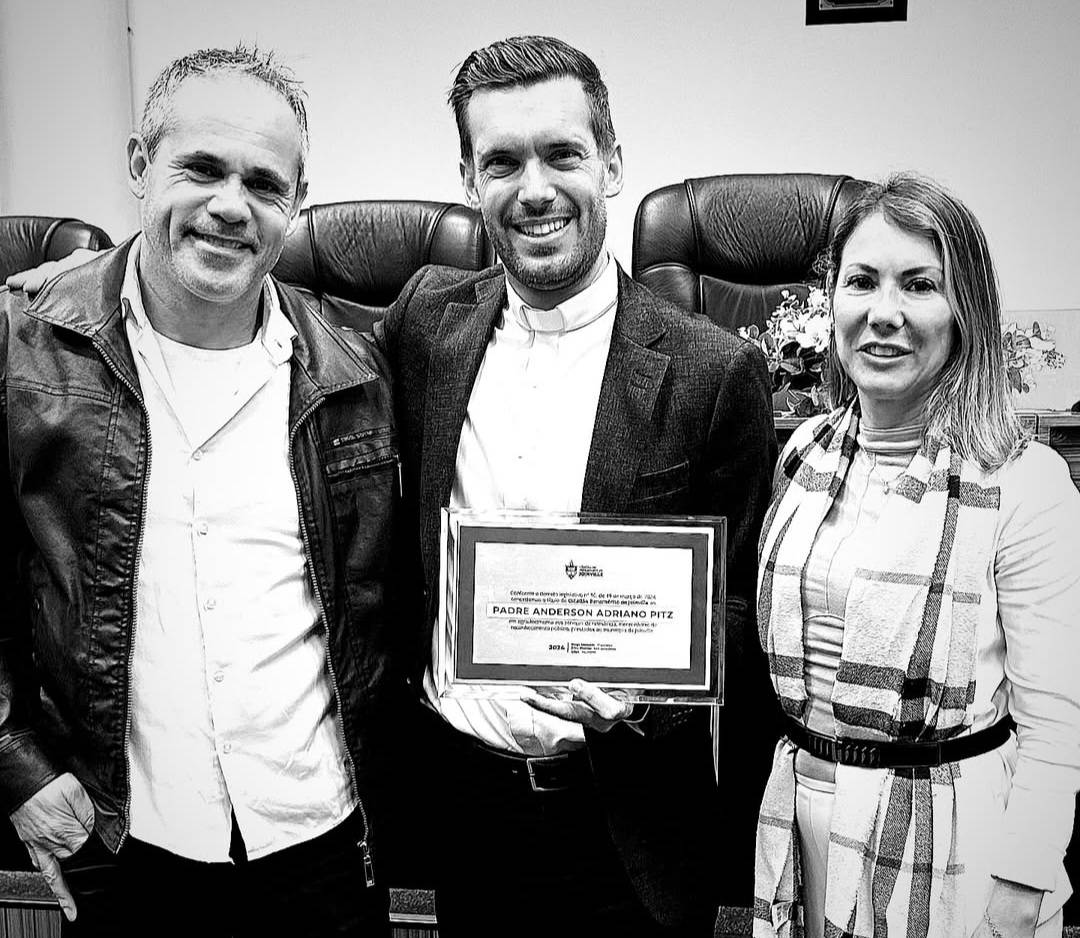ROME – In a decision that some see as five decades too late, Argentina is getting ready to change the death certificate of a Catholic bishop recognized by Pope Francis as a martyr to note that he didn’t die in an accident, but was murdered by the country’s military regime.
The official death certificate of Bishop Enrique Angelelli notes that he died August 4, 1976, of natural causes after a car accident. However, Argentina’s justice system has acknowledged that he was murdered, and convicted those responsible.
“The death certificate was drawn up with bad intentions by Judge Rodolfo Vigo of the military dictatorship. It was a document that talked about an accident and natural death. Today there is a firm condemnation for Angelelli’s murderers, and that document must be modified,” said Délfor Brizuela, the Secretary of Human Rights of La Rioja.
The bishop was from La Rioja, in Argentina’s northern region, and Brizuela’s comments came on August 4, on the 45th anniversary of Angelelli’s murder.
The bishop was assassinated by members of Argentina’s Third Army Corps, commanded by the Mario Benjamín Menéndez. In 2014, the former army chief and Luis Fernando Estrella were sentenced to life in prison for the bishop’s death.
Layman Wenceslao Pedernera and Fathers Carlos de Dios Murias and Gabriel Longeville, had been assassinated soon before, presumably as a warning, for being in Angelelli’s circle.
“This morning [for August 4] we presented the request to modify the death certificate, and we hope that in a few days we will receive the confirmation to continue advancing in the modification of the act,” said Brizuela.
The case of Pedernera murder has not had its day in court, but the human rights secretary publicly considered him as the “first lay martyr murdered by the last military dictatorship, just like the priests Carlos de Dios Murias and Gabriel Longeville, for following the teachings of our Bishop Angelelli, who called us to live a life ‘with an ear to the people’.”
Arguably one of his most well-known lines, the full quote from Angellelli that Brizuela referenced is “with an ear to the people and the other to the Gospel.”
The bishop was assassinated during the country’s 1976-1983 Dirty War, when the military ruled the country and thousands of people “disappeared” after being illegally detained, tortured and presumably killed by the army. The exact number of those killed is disputed – ranging between 8,000 and 30,000 – but most of those whose identity is known were members of the Montoneros, a far-left guerrilla organization.
Angelelli stood firmly against the country’s military regime, a position not every Argentine bishop shared at the time.
In 2006, the Catholic Church acknowledged that it was possible Angelelli’s death was a crime, and in 2010 the case was officially reopened by Argentina’s civil authorities when a former priest who had been riding with the bishop came forth and said their car had been forced off the road.
The bishop’s sainthood cause was officially opened at the Vatican in 2015, with Pope Francis’ support, who had originally requested his life be investigated back when he was still the archbishop of Buenos Aires.
Three years later, the pontiff decreed that Angelelli had died in odium fidei, in hatred of the faith. This 2018 decree allowed for the Argentine prelate and his three companions to be declared blessed, the step before sainthood.
Angelelli was known for his involvement with social issues, and today is often labeled as the inspiration for Pope Francis’s idea of a “poor Church for the poor,” which he referenced during the first days of his pontificate in 2013.
Then-Cardinal Jorge Mario Bergoglio of Buenos Aires – today Pope Francis – first referred to the late bishop as a martyr when he celebrated the Mass for the 30th anniversary of the murder, when at the time it was still officially labeled an accident.
Addressing those gathered in the Cathedral of La Rioja, the cardinal said that the day Angelelli was murdered, “someone was happy, thinking that it was his triumph, but it was his failure. The blood of martyrs is the seed of Christians.”
“Angelelli received stones for preaching the Gospel and he shed his blood for it,” Bergoglio said in 2006, calling the bishop a man who “could glimpse the drama” that would befall his homeland.
Before the “accident” it was well-known that Argentina’s military wanted the bishop dead due to his involvement with social issues and his decision to shelter priests from a movement known as “the Third World,” some of whom had Marxist-inspired beliefs and embraced violence.
Soon after Francis’s election to the papacy, accusations resurfaced that the new pope had been complicit in the arrest and torture of two fellow Jesuits during Argentina’s “Dirty War,” which was later denied by the one of those Jesuits still living. The tempest brought to light several cases in which the future pope, often at personal risk, had acted to save dissidents targeted by the military regime.
Among those who inspired the future pope was Angelelli, whom Bergoglio had met during a visit to La Rioja to help some of his priests who were working in the northern province and were suffering persecution or had been imprisoned by the military.
To this day, La Rioja remains a poor community largely inhabited by peasants and a handful of wealthy landowners.
Follow Inés San Martín on Twitter: @inesanma

















